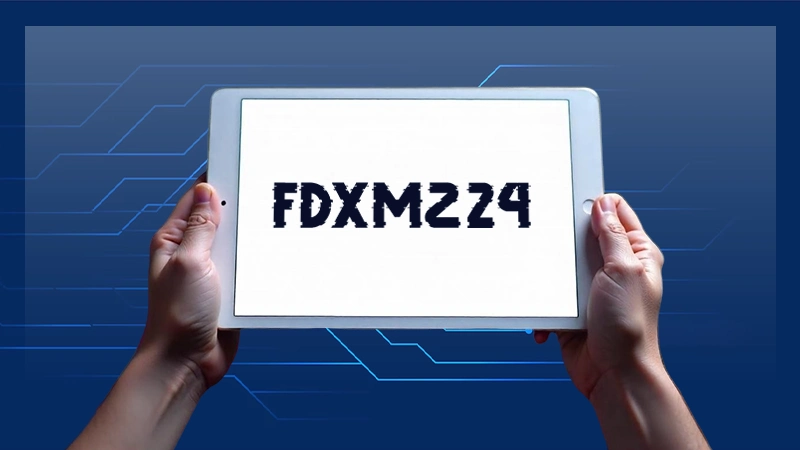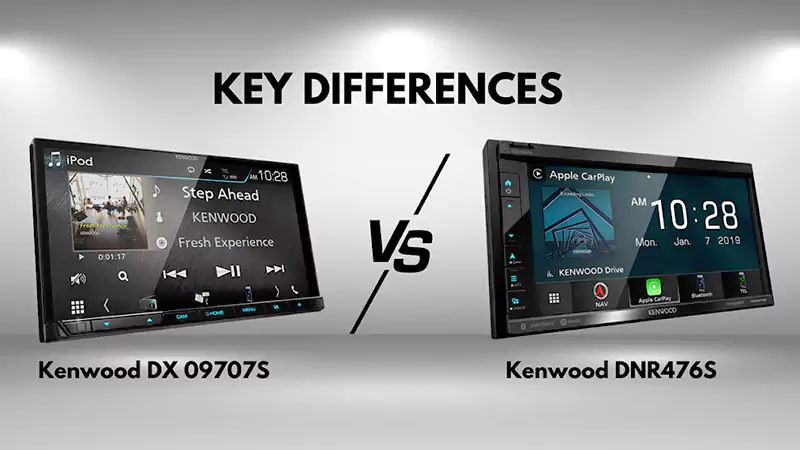Can Software Predict Lottery Numbers? The Truth Revealed
Ever wondered if your computer could make you a millionaire overnight? The question that’s on everyone’s mind: Can software really predict lottery numbers? It’s a tantalizing prospect, the thought that technology could give us a sneak peek into the future of winning digits.
This debate has raged on for years, with tech gurus, lottery enthusiasts, and skeptics all weighing in. Let’s dive deep and uncover the truth.
The Allure of Predicting Lottery Numbers
Imagine the thrill! Picking just the right numbers and winning big. It’s a dream many of us share. We humans love the idea of beating the odds, don’t we?
The Human Fascination with Beating the Odds
From ancient times, humans have tried to see into the future. If it’s weather patterns, love life, or the stock market, we’re just wired to want to know what’s next. And with the lottery? That’s no different.
We think, “What if there’s a way to guess those lucky numbers?” The pull is strong. The idea of turning a small ticket into a mountain of cash? Irresistible.
The Rise of Lottery Software: A Solution or a Scam?
Now, enter the world of technology. As computers got smarter, some said, “Hey, maybe software can predict lottery numbers!” And just like that, a flood of lottery software hit the market. They promise better odds.
They show graphs, stats, and flashy testimonials. But here’s the catch: Can they truly predict random numbers? Some say yes. They believe in patterns and trends. Others shake their heads. They argue that lotteries are random by nature. So, who’s right? The software can analyze past data, predicting future draws. That’s a stretch.
Amid the noise, there are still some genuinely useful lottery software to choose from. Dive in to discern the real deal from the ruse. To many, these programs seem too good to be true. And as the old saying goes, if it seems too good to be true, it probably is.
How Lottery Prediction Software Works
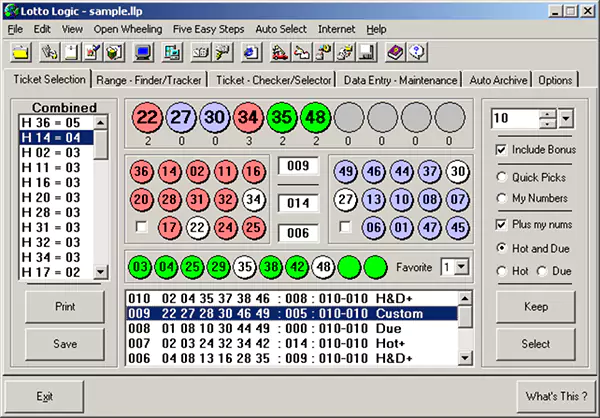
Have you ever thought, “There must be a way to crack the lottery code?” You’re not alone. With the rise of tech, many are looking to software for answers. Let’s uncover how these tools claim to predict those golden numbers.
The Algorithms and Math Behind the Claims
So, what’s the secret sauce? Most of these software tools rely on algorithms. Simply put, they use past lottery draws to try to predict future ones. The idea is that if a number has appeared more often in the past, it might pop up again soon.
But here’s where it gets tricky: Lotteries are designed to be random. So, whereas math can spot past patterns, it can’t predict the future. It’s like guessing if it’ll rain next month based on last year’s weather. Interesting? Yes. Foolproof? Not really.
Types of Prediction Software: From Simple to Complex
There’s a sea of lottery prediction tools out there. Some are basic, just tallying which numbers appear most. Think of them as the “count and guess” types. Then there are the complex ones.
These claim to use advanced math, sometimes even AI, to predict numbers. They might look fancy with graphs and stats. Some might even claim to use “neural networks” or “deep learning.” Impressive terms, but do they deliver?
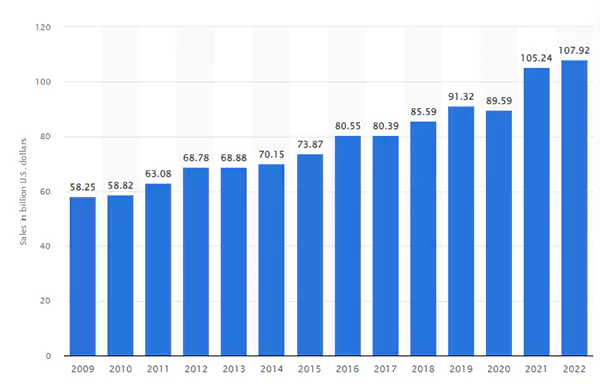
This graph prepared by several surveys from Statista shows the lottery sales in billions of USD in the United States over different years.
The Science vs. Superstition Debate
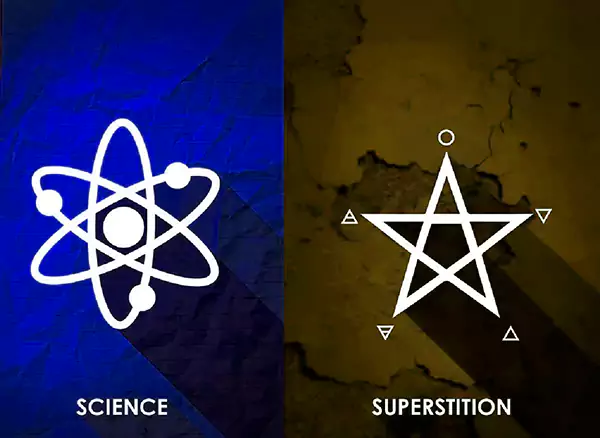
Have you ever caught yourself wondering if there’s a secret formula for those winning lottery numbers? Well, with the wave of software claiming to predict outcomes, it’s easy to get caught in the debate.
Let’s dive into the real question: Is it science or just plain superstition? It’s a classic battle. On one side, you have the age-old beliefs and gut feelings many swear by. On the other? Cold, hard facts and data. But speaking of predicting lottery numbers, where does the line blur?
The Role of Probability and Statistics in Lottery Games
Here’s the deal: every lottery game is grounded in probability. Each number has an equal chance of being picked. Statistics can tell us which numbers have been drawn more often in the past, sure. But does that mean they’ll pop up again in the next draw? Not necessarily. That’s the unpredictable beauty of it.
Can Software Beat Randomness? A Scientific Perspective
The software uses algorithms. They process past data to guess the future. Sounds promising, right? But there’s a hitch. Lottery numbers are random. Purely random. So, software can analyze past trends, truly predicting the next set of random numbers?
That’s a challenge even for the most advanced tech. Moreover, it is better to know lottery scams and how they work; it will lead you to prevent many troubles.
Can Software Predict Lottery Numbers? The Truth Revealed

Speaking of winning big, we all wish we had a crystal ball. But with today’s tech, is software the next best thing? Before you dive deep into the digital world of lottery predictions, there are some legal and ethical bits you might want to consider.
Is Using Prediction Software Considered Cheating?
Here’s the thing: using software to analyze past results isn’t cheating. It’s just a tool, much like pen and paper. But believing it can guarantee future wins? That’s where it gets dicey. Ethically, it’s necessary to use these tools responsibly, understanding their limits.
The Legality of Selling and Using Lottery Prediction Software
Now, the big question: Is it even legal? The answer varies. when Whereas using prediction software isn’t typically illegal, selling software that guarantees wins can be a different story.
Why? Because guaranteeing a win is misleading. Many countries and states have rules against deceptive marketing practices. So, if someone sells you software promising sure-shot wins, they might be on shaky legal ground.
The Verdict: Science or Pseudoscience?
We’ve all dreamt of hitting that big lottery jackpot. With the rise of software claiming to predict those winning numbers, it’s time we separate fact from fiction. Is there solid science backing these claims, or is it just wishful thinking?
In the realm of lotteries, many promises are thrown around. But let’s get real. What’s the actual science behind these claims?
Analyzing the Effectiveness of Lottery Prediction Software
At face value, these software tools seem promising. They analyze past numbers, calculate odds, and churn out predictions. But here’s the catch: lotteries are designed to be random. By definition, that’s unpredictable. Real science?
It tells us that each draw is independent. This means that past draws don’t influence future ones. So, when the software might offer some insights or fun patterns, claiming sure predictions? That drifts into the realm of pseudoscience.
At face value, software tools, if they promise lottery predictions or teach ‘How to Block Any Website or Software on Your Computer,’ can seem promising. They analyze data, calculate outcomes, and provide solutions.
However, whenever some software might offer useful utilities, others, like those predicting lottery numbers, operate in murky waters. Lotteries, by nature, are unpredictable. Despite analyzing past draws, real science confirms each draw is independent.
The Final Word: Can You Trust Software to Pick Your Numbers?
If you enjoy using software to spot patterns or make educated guesses, go for it! It can be a fun tool. But if you’re expecting guaranteed results, it’s best to approach with caution. Trusting software entirely to pick those lucky numbers might leave you disappointed.
Sum Up!
With all the flashy ads and bold promises, it’s easy to get swept up in the excitement. But let’s boil it down: Lottery software tools can be fun. They can spot past patterns and even give us a different perspective on our number of choices.
By the way, keep in mind to manage the risk of the lottery. But predicting the future? That’s still out of reach. Remember, each draw is random, independent, and unpredictable.

